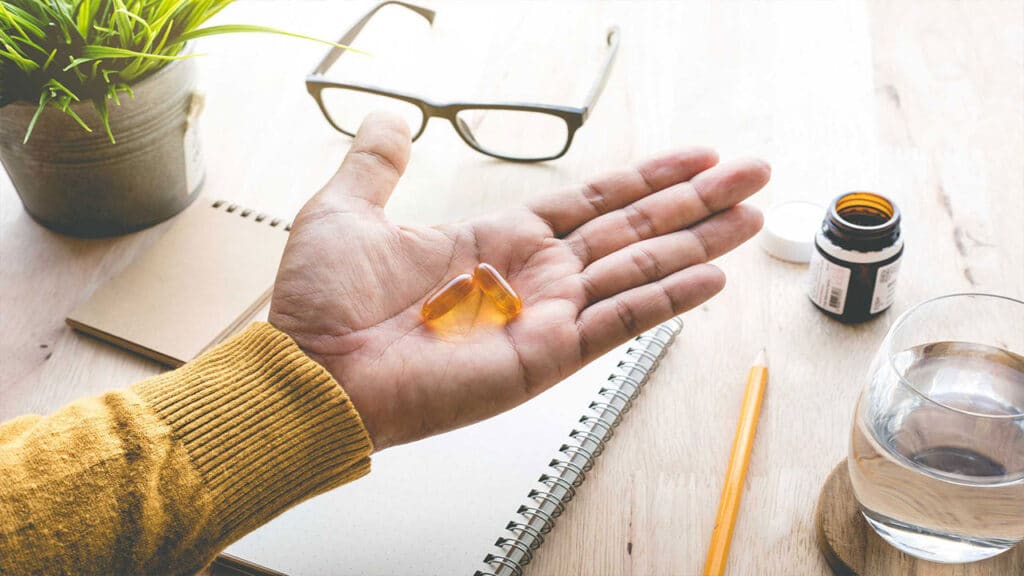It can be tempting to think that all we need to do to maximize our health is take one or two little pills. That’s not exactly how supplements work, but it’s true they can be a valuable way to top up the levels of certain substances if, for whatever reason, our own bodies can’t produce them or we can’t get them through our diet.
When you have a condition like diabetes, however, you need to be extra careful about what you put in your body in case it interferes with your blood sugar. You definitely need to supplement your insulin if your pancreas isn’t producing it or is not working properly. But just as diabetics have to watch what they eat, they also have to be cautious about supplements.
However, there may be supplements that can reduce the risks of developing diabetes or mitigating its effects. You can’t cure diabetes, so be skeptical of any miraculous-sounding claims, but there’s been lots of research into whether certain herbs, spices and other plant-based additions can help diabetes.
The evidence is mixed (https://www.nccih.nih.gov/health/diabetes-and-dietary-supplements). Popular herbal supplements for diabetes include cinnamon, ginger, aloe vera, bitter melon, ginseng and fenugreek. There are some studies that suggest they have a slight benefit on blood sugar levels and others that say they have no effect at all. You do need to be careful if you’re taking other medications or have other medical conditions in case they interact.
One mineral that definitely has a relationship with blood sugar is chromium. A chromium deficiency in your diet can stop your body from properly controlling its glucose levels. People with a chromium deficiency can take chromium supplements. There is some evidence that these supplements may also help diabetics, although the research is limited.
Another potential substance that is being researched with some positive signs is alpha-lipoic acid, which may lower the risk of diabetic neuropathy. Magnesium may make you less likely to develop diabetes in the first place. Other vitamins and probiotics are also being researched. The evidence pool is only growing.
The key things to remember when it comes to supplements, whether you’re diabetic or not, is that they’re no substitute for a healthy diet, and they should only ever be taken in moderation. Always talk to your doctor about your specific situation before embarking on any course of supplements.




